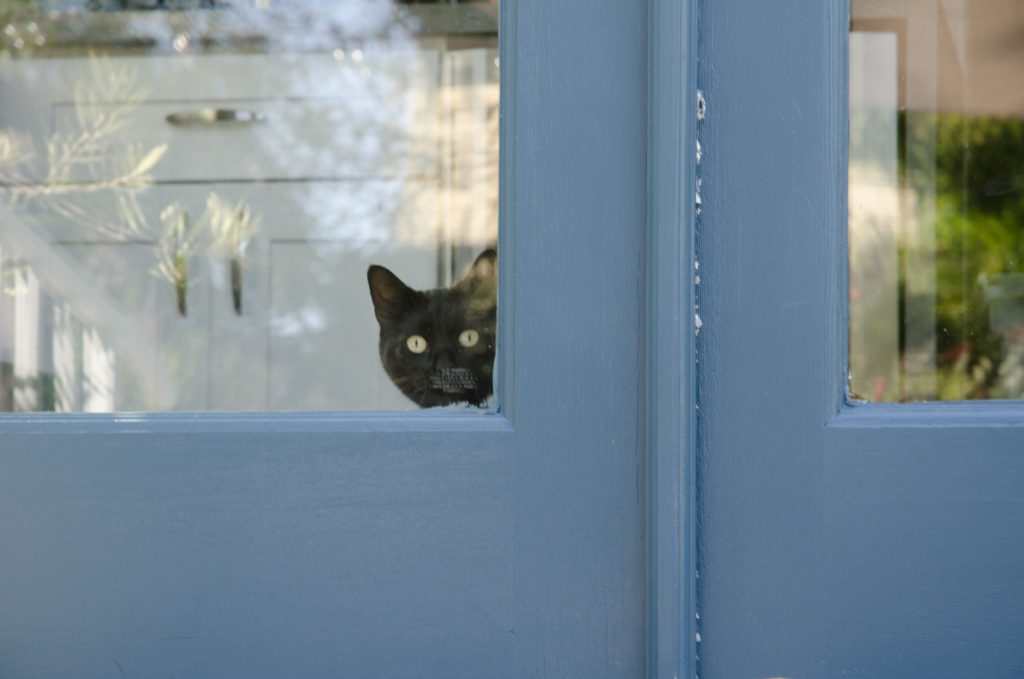Sometimes someone gives us the wrong feedback.
Sometimes they point us in the wrong direction.
Sometimes it’s the wrong feedback at the wrong time.
Sometimes they are rushing.
Sometimes it’s a projection on their part.
Sometimes they don’t see us or understand us.
Sometimes we choose the wrong person, because we are raw and new and want (our work) to be loved and they say the thing they would say to anyone and then we give up and cry for days and not write for a year.
But, they were the wrong person to ask.
We knew or didn’t know this.
It was a writing teacher at U.C. Extension when I was in my mid-20s. Me, hopeful and insecure. She, older and authoritative. What she said was, after reading about 50 pages of my work: “This is all well and good, but I think you should go back and master the format of the 12-page short story.”
This was, after all, a class on writing short stories.
And yet, I’d turned in a 50-page manuscript. Expecting, hoping to be adored, encouraged. She’d LIKED my writing. But her advice, to push aside the manuscript I had and start over, snuck in and stopped me cold.
I didn’t write again for a year.
Sometimes we are trying to write our thing into the shape or size we think is right — use more humor, use less humor, write to the 800-1200 word limit — and we are at one end of the spectrum or the other, and the real writing will be somewhere in the middle, or at least not contorted to meet this expectation, that may have come from wrong criticism, or was a good exercise.
In other words, if trying to be funny or trying not to be funny, trying to write short or long, trying to tell the whole story or only part of it led to a dead end, we need to back up a few steps, and try a different path.
Recalibrate the goal.
Iterate.
Is the piece really wrong? Is the writing really that bad? Is this actually game-over? Just because this one person said?
What if the thing that editor didn’t like was actually evidence of us hiding, of us trying to please, trying too hard?
That happens. But only we, measuring inside ourselves, can know if this is true.
What if the piece we wrote is covering up the piece we want to write, but are afraid to write?
A deeper cut?
A true-er thing?
(Considers this. Peels off a layer of trying-to-please-others. Points self towards the deeper thing. Starts again…)
This past week, I read two vignettes to my writing group. Both scenes took place on the balcony of my apartment. Both were conversations with the same person. The first piece was fine, but the second took my breath away — hearing it as I read it, and seeing how it affected others, made me cry.
So, sometimes our writing is actually better than other times, is also my point.
Lately I’ve been working with writers who have received that kind of feedback. The well-meaning edit. The I-paid-that-person-hundreds-or-thousands-of-dollars-to-edit edit.
And the edit they received had stopped the writer cold.
I’d like for you to think of me as the editor to come to when that happens. I can help you see what went wrong, and together, we can get you, and the manuscript, back on your/its feet.
This is one of my superpowers.
I’m the get-unstuck, take-the-next-step editor. I’m a story doula. I’m a manuscript psychic. I’ll channel what it wants from you and relay the instructions, where the story wants to go… (polishes crystal ball).
I’m a writing therapist.
Are you stuck? Call me.

1 comment for “I Am a Writing Therapist”